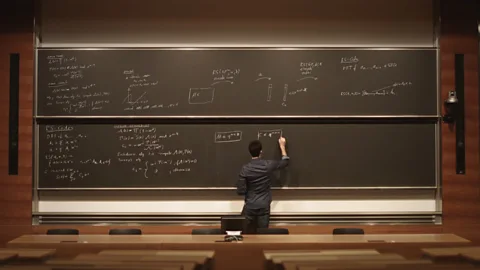This is how to store human knowledge for eternity
 Lonelyleap
LonelyleapAnd it’s not a book or a computer. Watch the video above to find out how everything we know as a species could fit in a space about the size of an elevator.
It’s easy to assume that human knowledge is stable – that everything we have learnt will endure for millennia.
Yet oral history can evolve as it passes between generations, books can be destroyed, and digital storage is more fragile and transient than many assume. The hard drives and servers that underpin our world today will eventually become unreadable as the years pass. Our storage methods may serve us well now, but they are far from immortal.
So, where and how should we store humanity’s knowledge for posterity? There is one way: use the fundamental code of life itself. Researchers Robert Grass and Reinhard Heckel of ETH Zurich in Switzerland believe you could fit all the data on Facebook and Wikipedia into a few droplets of liquid; all of civilisation’s knowledge could exist within a few cubic metres. Watch the video above to find out how.
 Lonelyleap
Lonelyleap Lonelyleap
LonelyleapThe video above is part of a series called The Genius Behind: The most amazing and sometimes little known technological and scientific breakthroughs of modern times, and the innovative minds behind them.
From BBC iWonder: Is DNA the best way to store data?